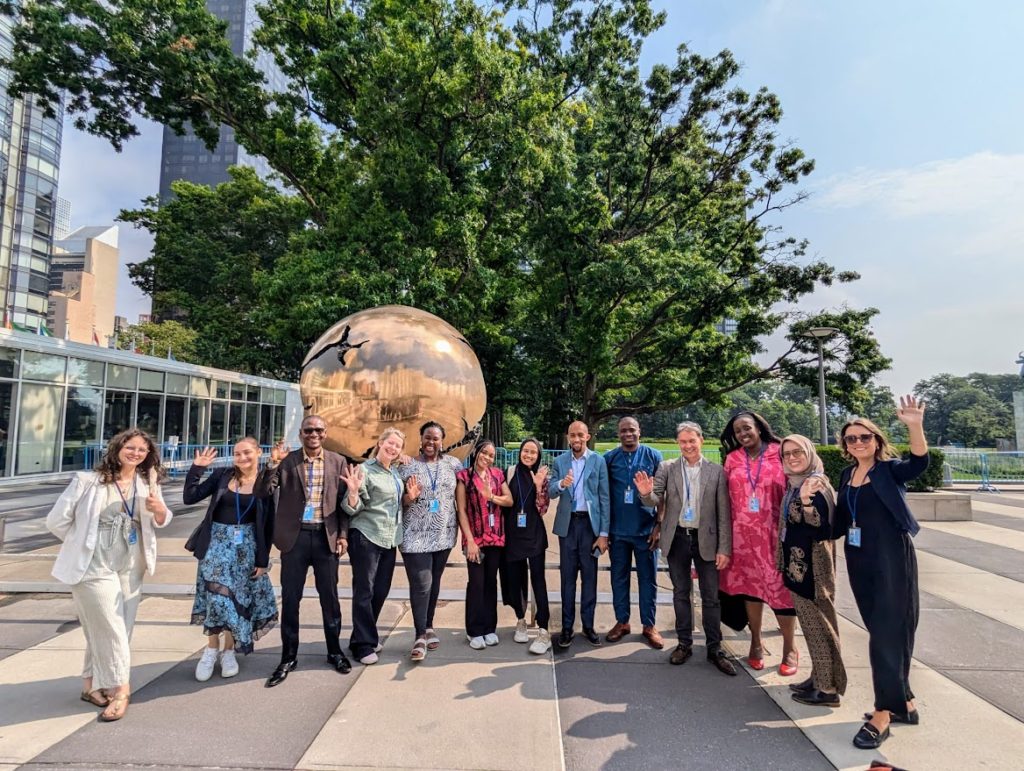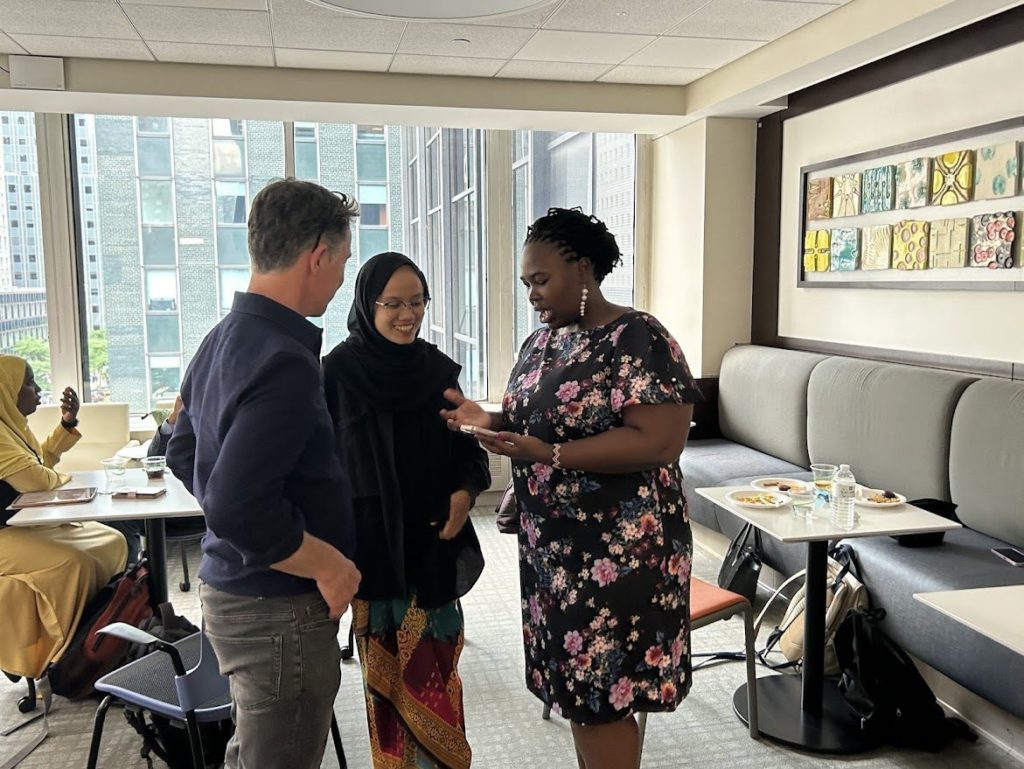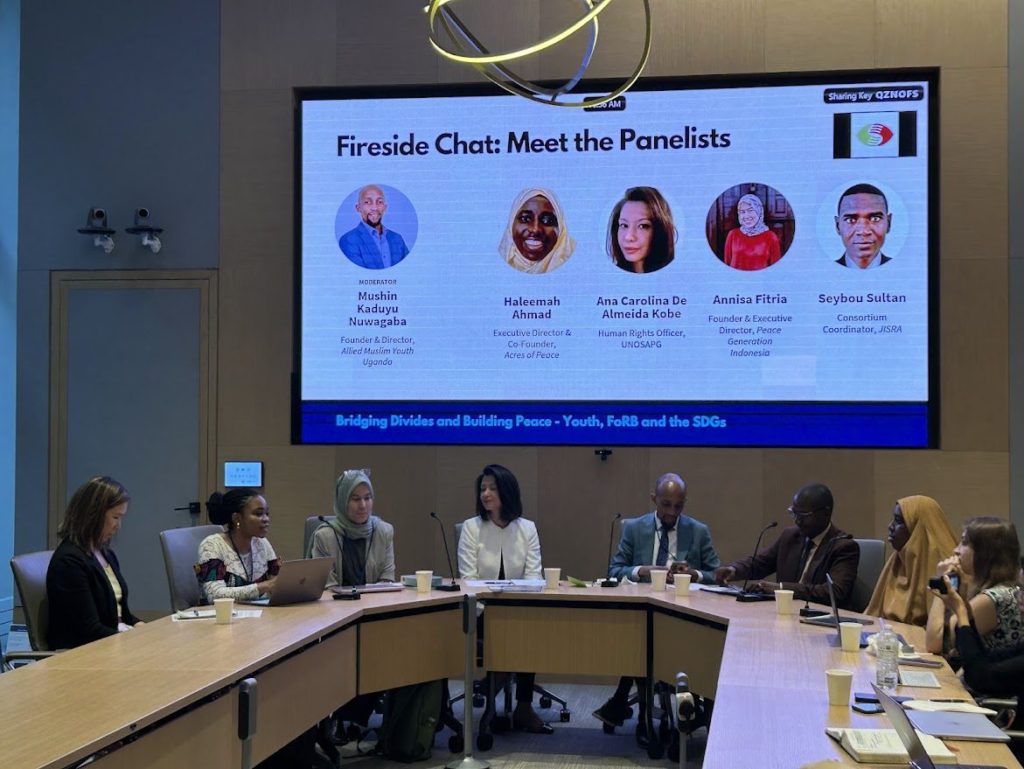
After five years of collaboration, courage, and commitment, we are proud to share the JISRA Magazine — a reflection on a journey dedicated to strengthening Freedom of Religion and Belief (FoRB) and building peaceful and inclusive societies.
Funded by the Dutch Ministry of Foreign Affairs under the Power of Voices framework, JISRA was implemented by a unique consortium of partners: Mensen met een Missie, the Network of Religious and Traditional Peacemakers, Search for Common Ground, and the Faith to Action Network. Together, we worked alongside more than 50 local civil society organisations across seven countries. Religious and traditional leaders, women’s and youth groups, academics, policymakers, and community-based organisations were not beneficiaries of the programme, they were co-creators and leaders of change.
This magazine tells their story.
Inside, you will find reflections from country partners, stories of transformation at community level, and insights from regional and global advocacy spaces. You will read how women and youth organisations shaped interfaith initiatives through participatory grant-making, how religious leaders championed inclusion within their own communities, and how local actors engaged governments and international platforms such as the UN Universal Periodic Review and the High-Level Political Forum.
The magazine also highlights what made JISRA distinctive: a consortium built on trust, complementary expertise, and shared ownership. Each partner brought a different strength — from grassroots mobilisation and interfaith dialogue to high-level advocacy, research, and global policy engagement. Academic partners, including Utrecht University and the University of Groningen, contributed research that grounded our work in evidence and strengthened policy dialogue. Across countries, local partners led the way, ensuring that interventions were context-sensitive and sustainable.
More than a summary of activities, this publication is a tribute to the people and organisations who made JISRA possible; the faith leaders who opened doors, the women and youth who stepped into leadership, the civil society organisations who defended civic space, and the partners who chose collaboration over competition.
As JISRA comes to a close, the relationships, networks, and capacities built over these five years continue. This magazine invites you to explore what we achieved together, and to recognise the collective effort behind it. Because peace grows stronger when organisations work hand in hand, when communities lead, and when Freedom of Religion and Belief is lived in practice, not only protected in principle.
Open the magazine here. Meet the people behind the progress. Discover what becomes possible when bridges built through dialogue are given the time and trust to endure.





